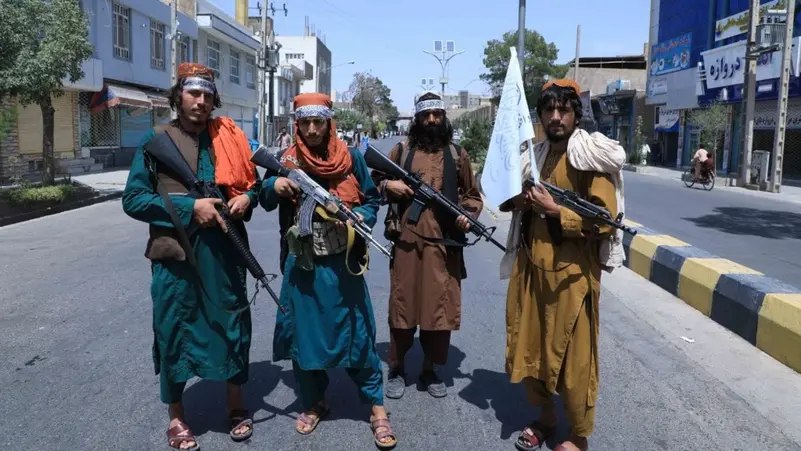RASC News Agency: Under the guise of religion and sharia, the Taliban have perpetrated mass killings and devastation throughout Afghanistan. Now, they continue to rule under the same pretense while engaging in rampant ethnic favoritism. For the Taliban, Islam and sharia are mere tools and façades for their ethnic and Pashtun-centric agendas. This is in stark contrast to the teachings of Islam, which reject ethnic prejudice and exclude ethnic chauvinists from its fold.
Why do Taliban leaders persist in their ethnic bias? Do they truly adhere to Islamic principles and values? The Taliban’s slogan of “Afghanism Identity and Islamism” mirrors the rhetoric once promoted by the Ghani administration. The public grew disillusioned with the tripartite republic due to its ethnic favoritism, leading to its eventual collapse when it failed to gain the support of justice advocates. Yet, the Taliban have adopted this very slogan as the cornerstone of their political and governance strategies, despite the fact that “Islamism” and “Afghanism Identity” are not only incompatible but fundamentally opposed. Afghanism Identity emphasizes ethnic and tribal affiliations, often at the expense of religious values, while Islamism focuses on spiritual integrity, piety, and righteousness.
The Taliban’s practices reveal a preference for ethnic identity over religious principles. Recently, a senior Taliban official declared at a conference in southern Afghanistan, “This system is built with the blood of Pashtuns and must be protected.” Such statements are filled with discrimination and a call for ethnic division. This so-called religious leader disregards the contributions of Tajik and Uzbek fighters who have supported the Pashtun-dominated regime, many of whom were recruited under the guise of Islam and subsequently perished.
The current regime operates under the delusion that it is solely Pashtun and that others have no right to participate. Since their resurgence, the Taliban have issued numerous decrees and engaged in countless ethnic actions. The question remains: why do the Taliban’s Tajik and Uzbek supporters remain silent in the face of the ethnic biases and Pashtun-centric policies of their leaders?






